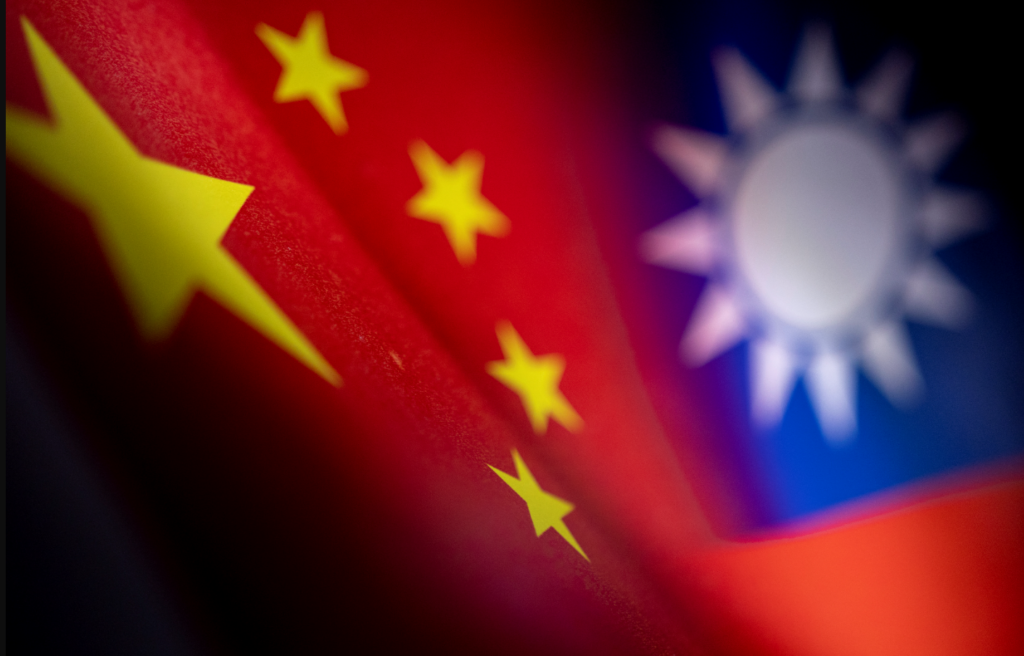
After China lifted anti-virus rules in December, Yizhuan Automobile Co.’s trash truck sales increased, but management are still trying to recover lost business.
After a strong first quarter, China’s economy is slowing. In April, an official poll revealed a record 1 in 5 city youth unemployed.
Yu Xiongli, Yizhuan’s deputy general manager, says sales are barely up by single-digit percentages from last year’s low. Hubei province’s 300-employee firm saw its first coronavirus infections in late 2019.
“It’s recovering,” Yu added. “Growth is quite slow.” In the three months ending in March, China’s economic growth rose to 4.5% from 2.9%, but economists think the recovery may have peaked.
To meet the Communist Party’s “around 5%” aim for the year, growth must accelerate.
“For now, the ongoing momentum seems not that promising,” said UBS analyst Zhang Ning. Zhang said a government-supported “domestic demand rebound” is needed to bolster business and consumer confidence.

China’s economy has had a slow comeback since the COVID outbreak.
After weeks of restrictions that separated cities and barred most foreign travel, consumer confidence rose. Retail sales are poor. Shoppers are wary of significant purchases due to economic uncertainty and job losses.
Retail sales in April rose 18.4% over last year’s poor level, while private sector estimates looked for 35% increase. Investment stagnated and factory production declined 0.5% from March.
“I have misgivings about spending money,” remarked Beijing IT worker Xue Liang. “COVID-19 and international changes worry us.” A national statistics agency and industry group study found manufacturing declined faster in May. Orders fell.
After interest rate rises by the Federal Reserve and central banks in Europe and Asia to calm inflation reduced global consumer demand, exports fell 7.5% in May. US exports fell 18.2%.
Automakers and other industries attempting to offset sluggish domestic demand by exporting overseas face that difficulty.
After three years, Xiangyang’s Tenglong Automobile Co. deployed salesmen to Russia, South Korea, and Southeast Asia to rekindle orders.
“Last year, our foreign customers basically didn’t come,” said Tenglong’s deputy general manager Zhou Shengming. We’ve got numerous batches this year. Three in May.” Yizhuan in Shiyan distributes sanitation, transport, and dump trucks to local governments and construction industries and exports $20 million worth of vehicles to Russia and Southeast Asia.
Beijing bodyguard Li Yichun says his clients pay less.
“My business shows the economy is not recovering,” Li remarked. “A lot of clients who are bosses are not intending to spend on hiring as they did before.”
